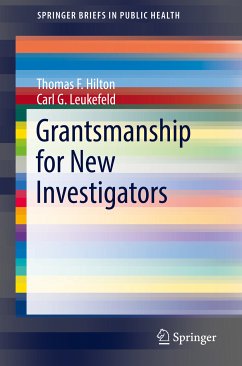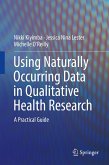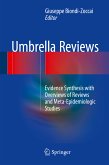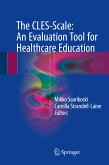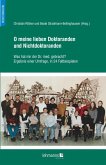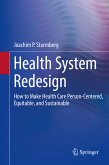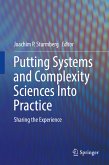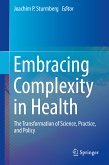Among the core skill areas covered:
· Using strategic thinking throughout the application process
· Understanding the major grant mechanisms
· Navigating the grant timeline, including the peer review and the vetting process
· Writing the effective project description
· Following up if the project is not funded or funding is deferred
· Building a career grant by grant
Brimming with expert knowledge, Grantsmanship for New Investigators ably balances motivation with realism. The authors' deep understanding and experience of how funding agencies arrive at judgments will inspire readers to present their research in the most convincing manner.
Dieser Download kann aus rechtlichen Gründen nur mit Rechnungsadresse in A, B, BG, CY, CZ, D, DK, EW, E, FIN, F, GR, HR, H, IRL, I, LT, L, LR, M, NL, PL, P, R, S, SLO, SK ausgeliefert werden.

